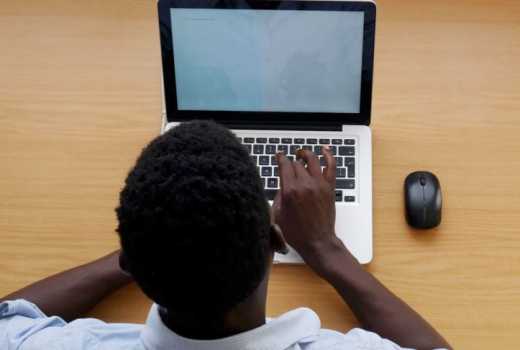×
The Standard e-Paper
Smart Minds Choose Us

With a single stroke of a pen this week, President Uhuru Kenyatta slid the country to the dubious league of 60 countries which have taken advantage of the "fake news" phenomenon to criminalise free speech.
The net cast by the Computer Misuse and Cyber-Crimes Act, 2018 will catch not only authors of fake news but also innocent promoters of unverified content spread through mobile-based social media platforms.